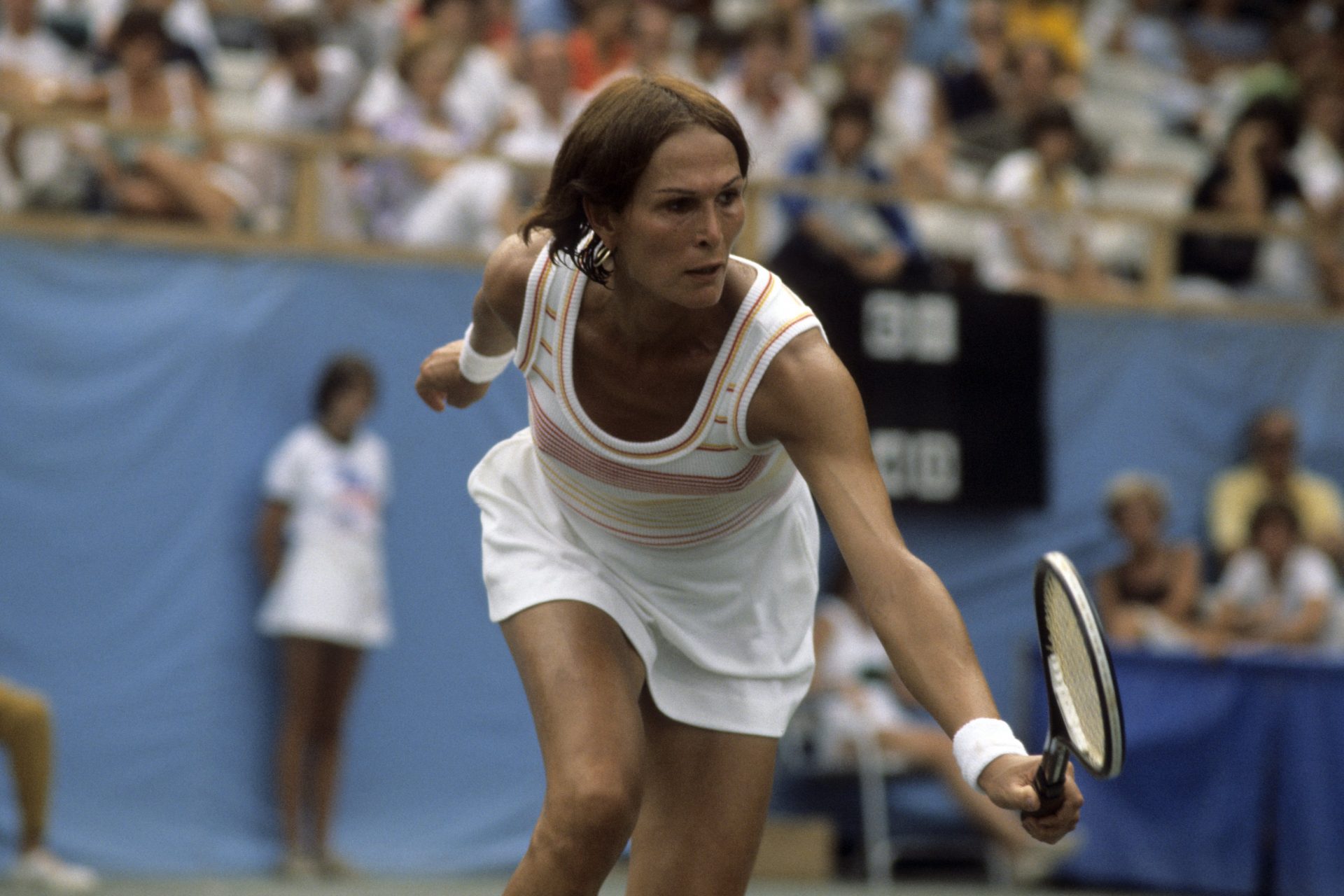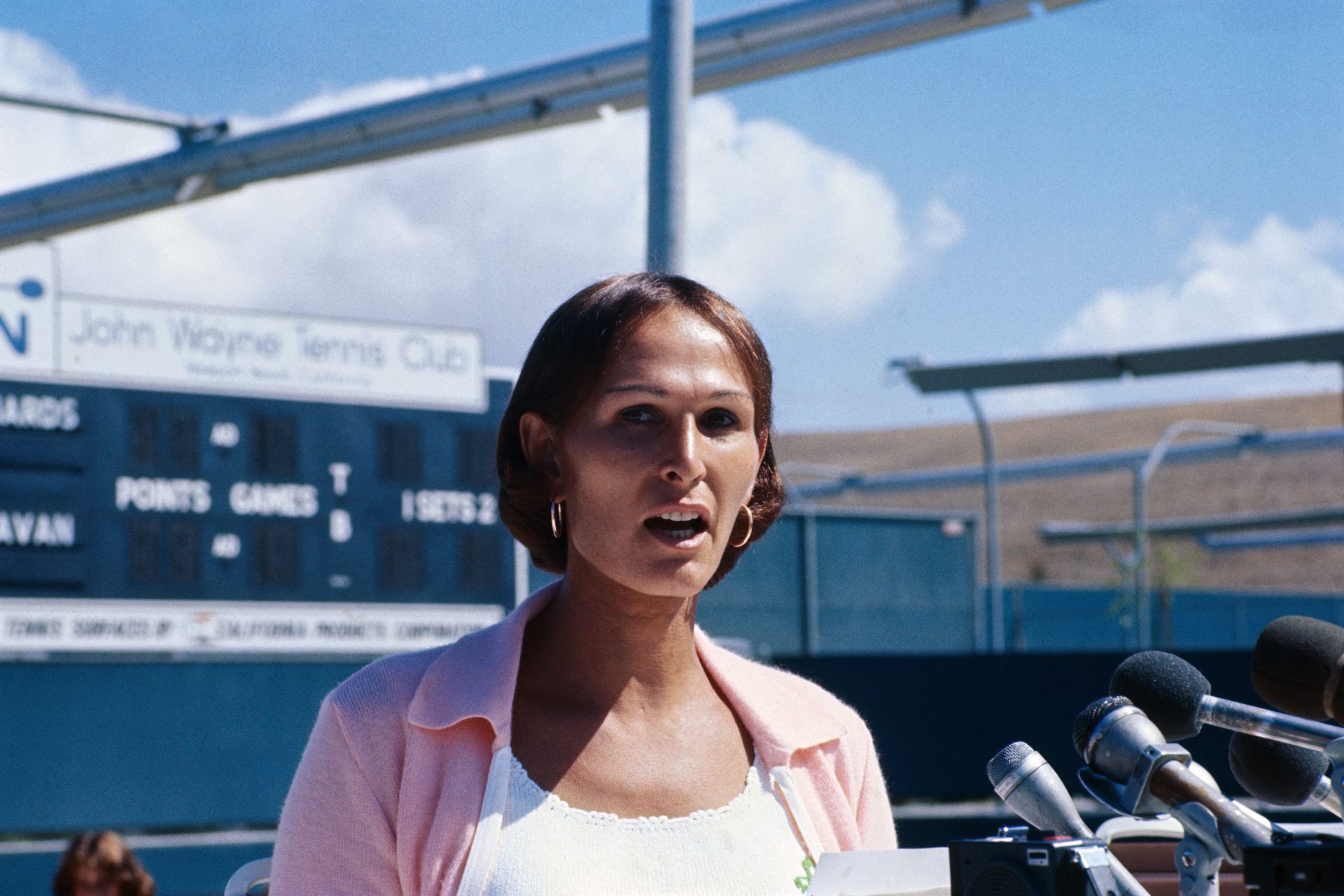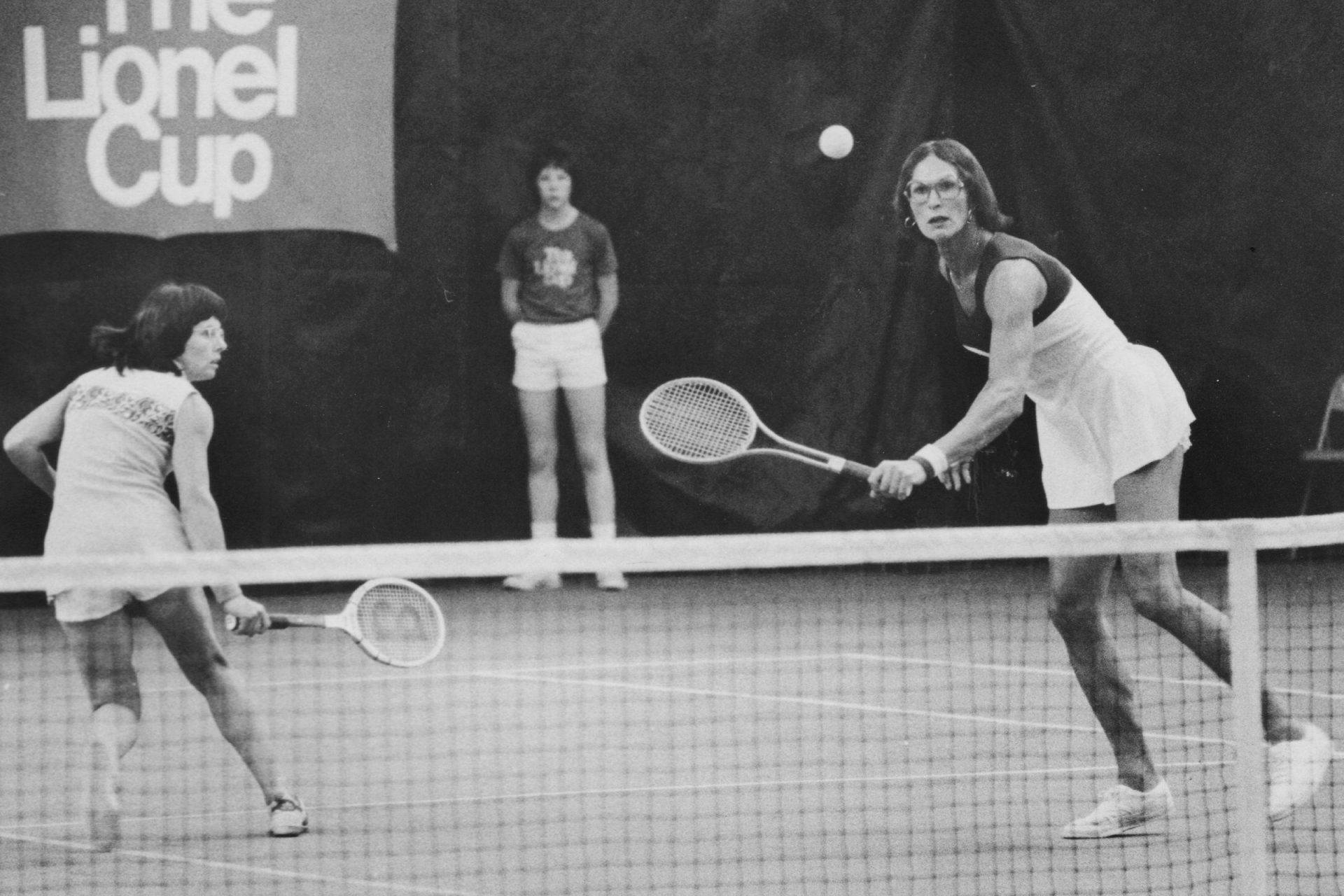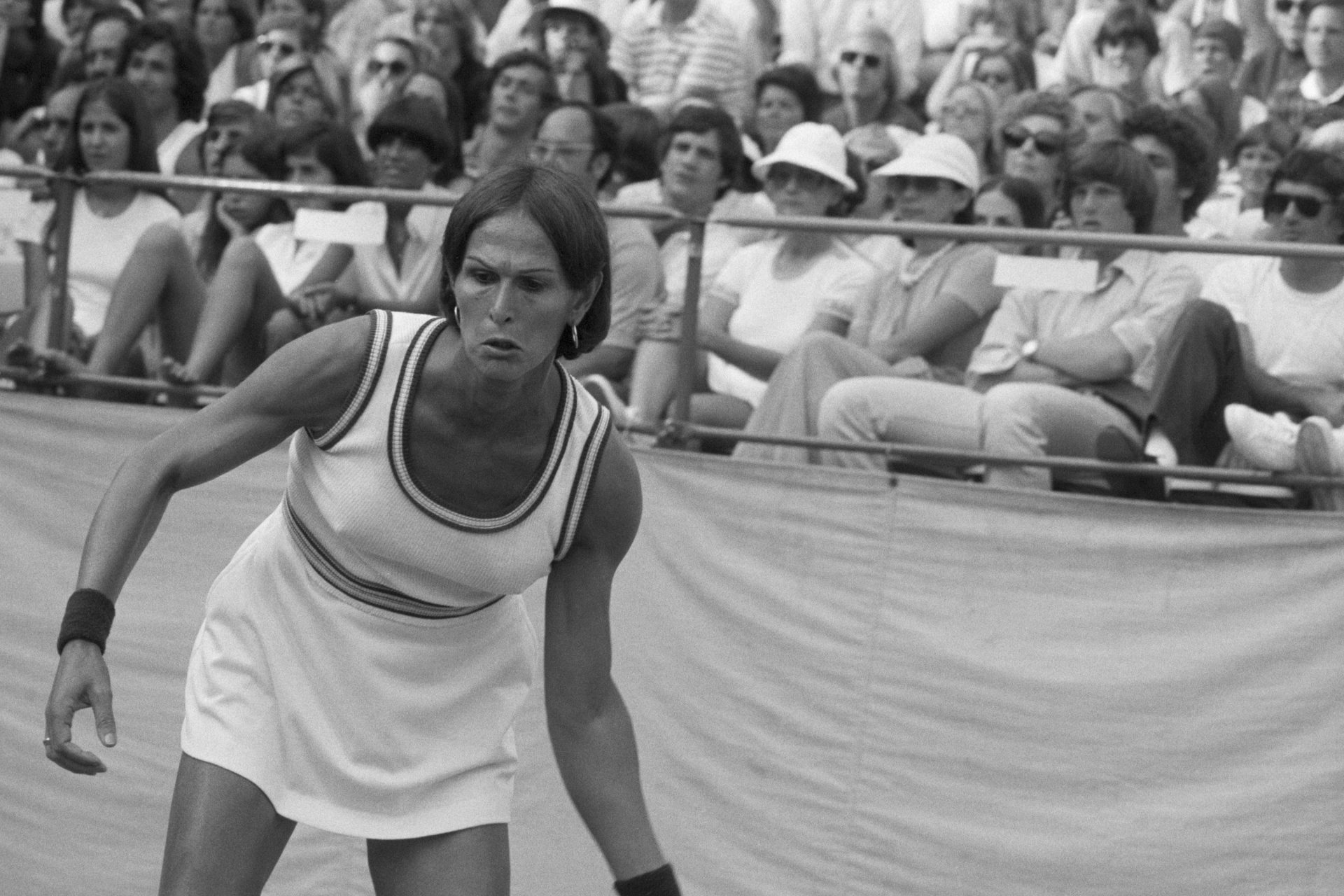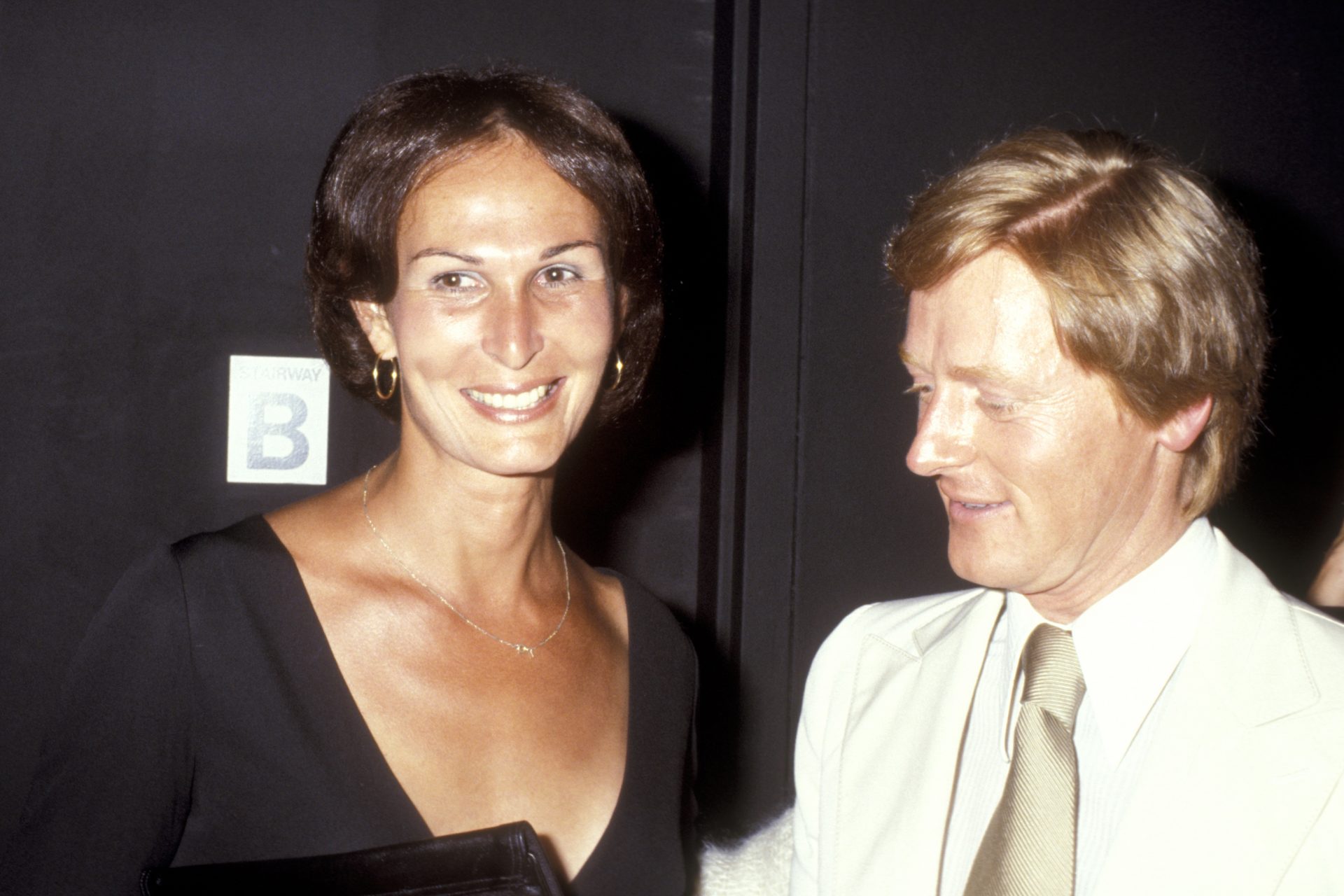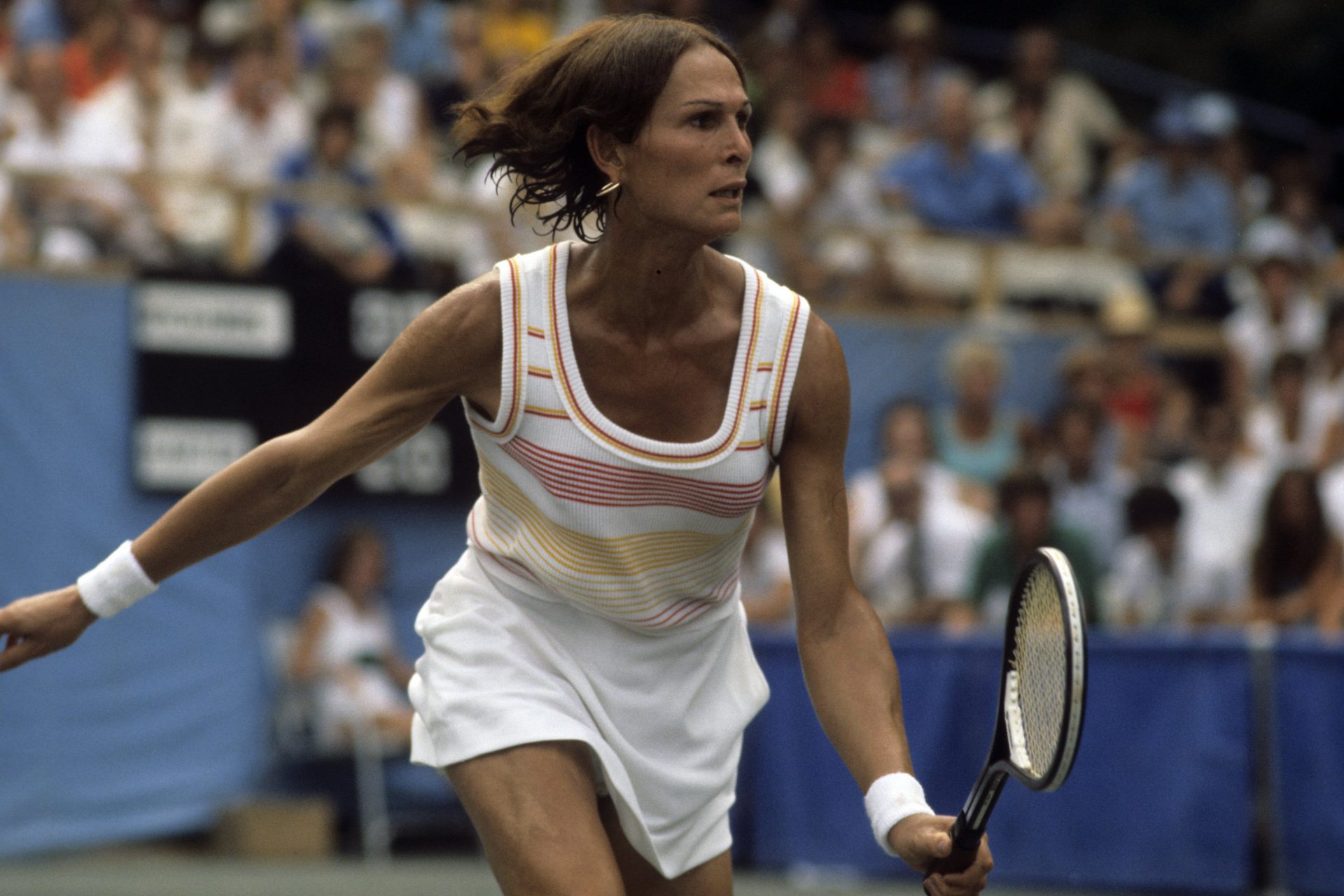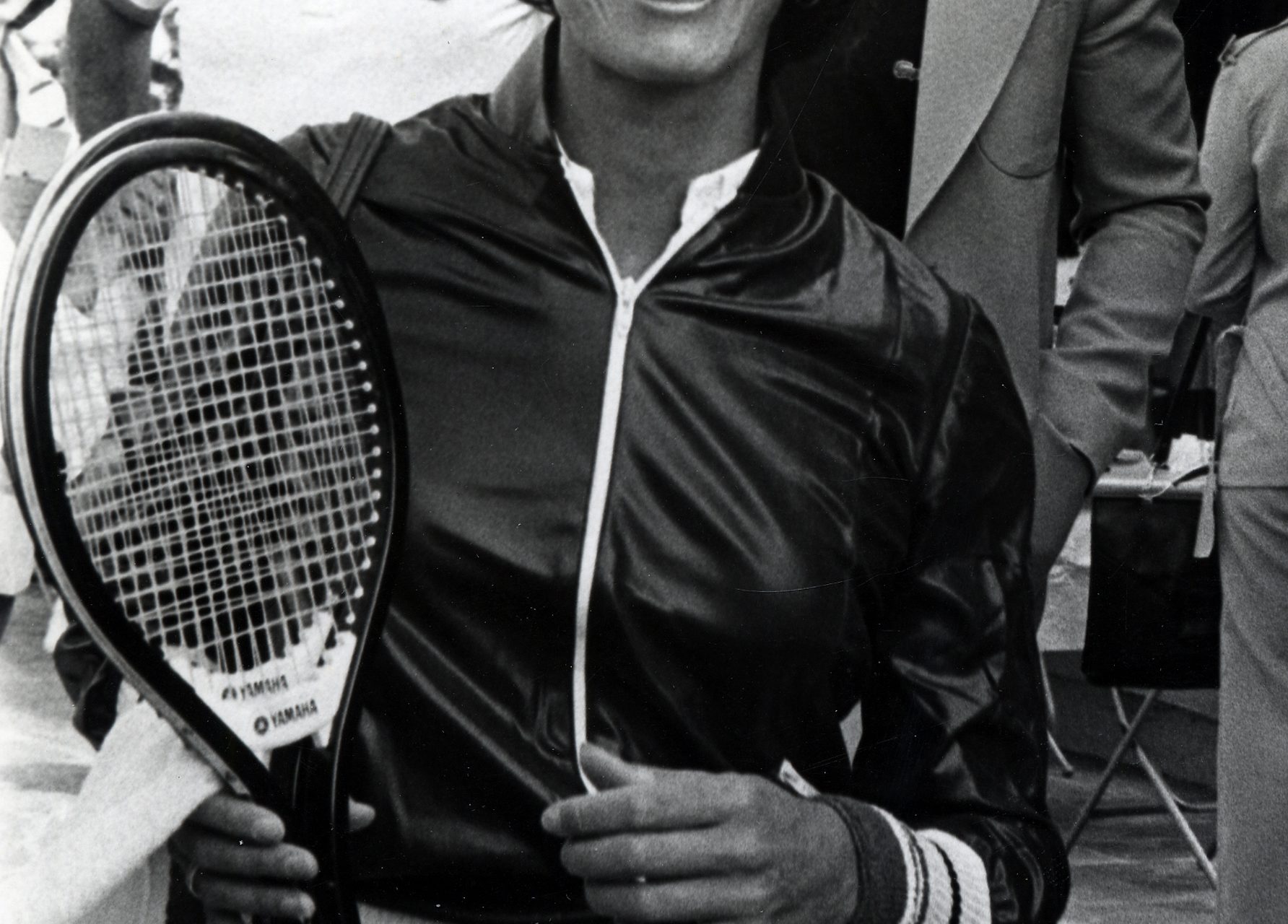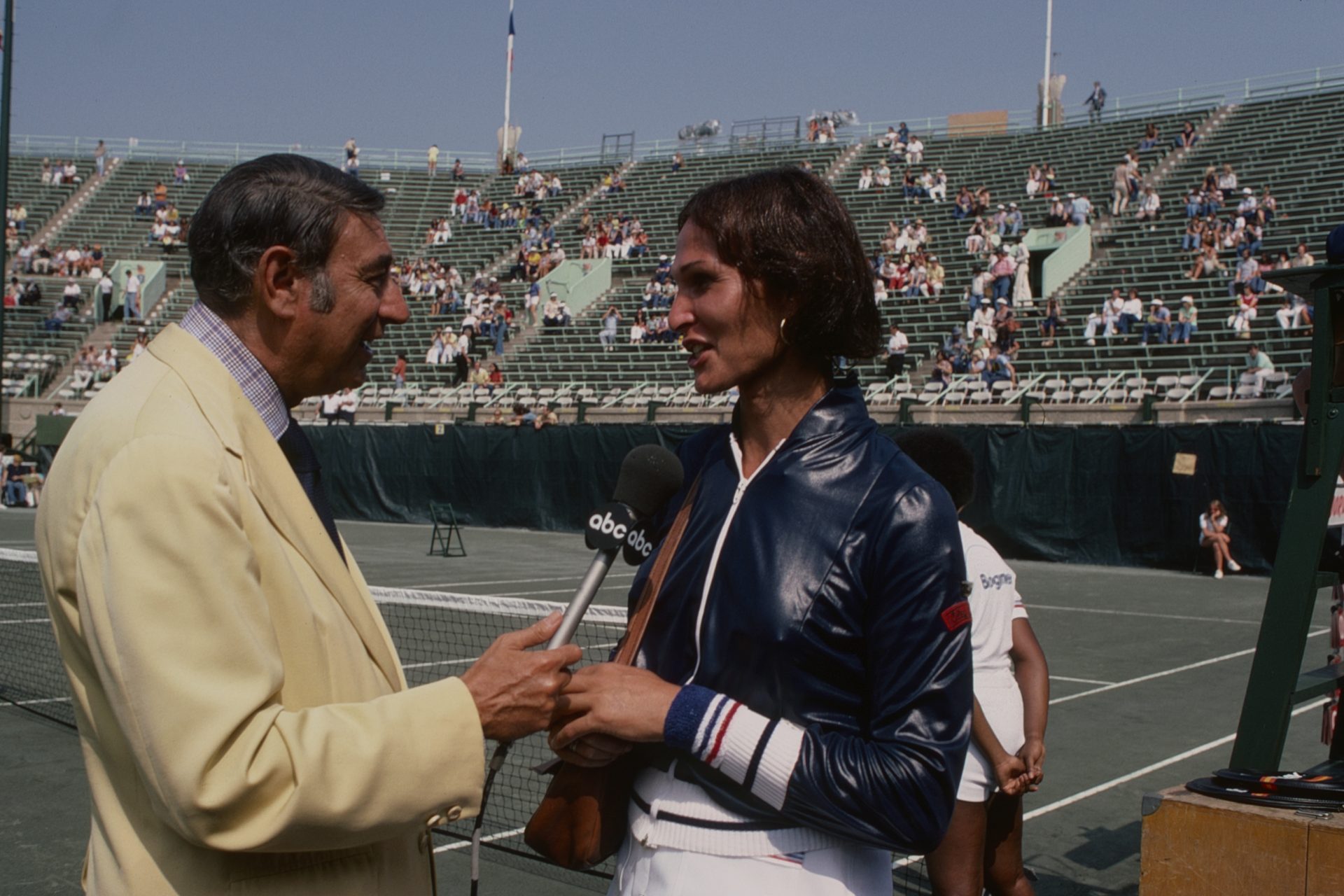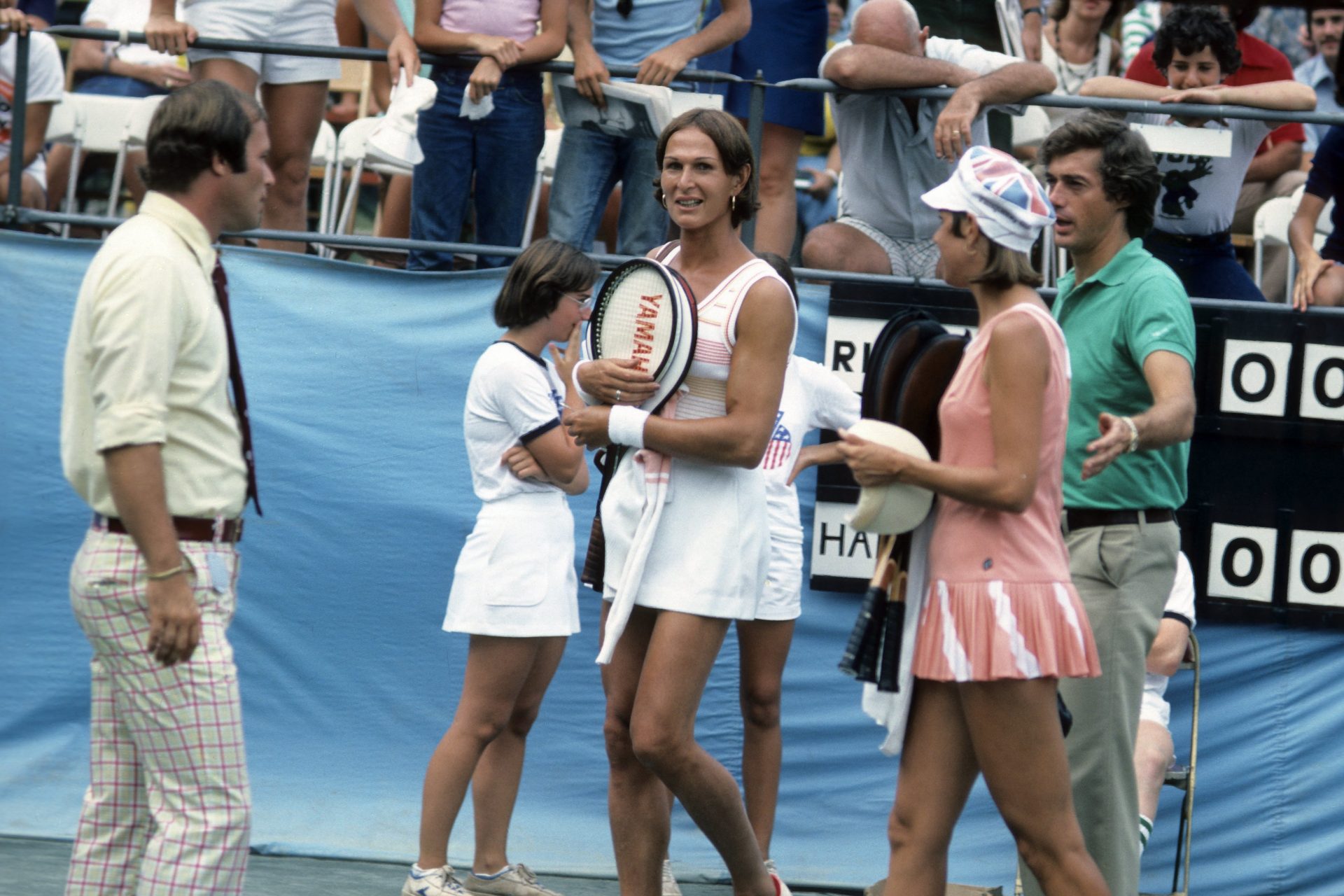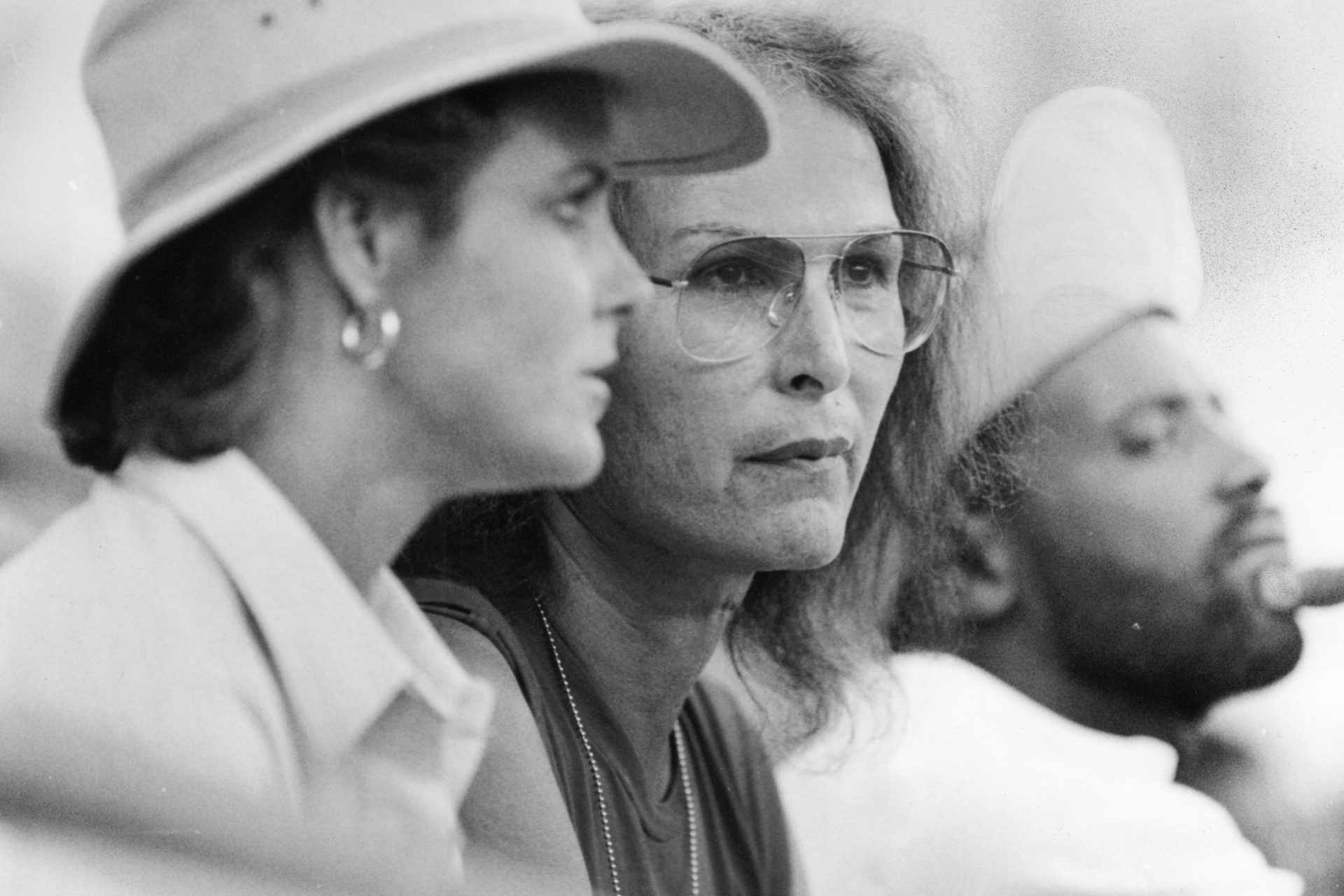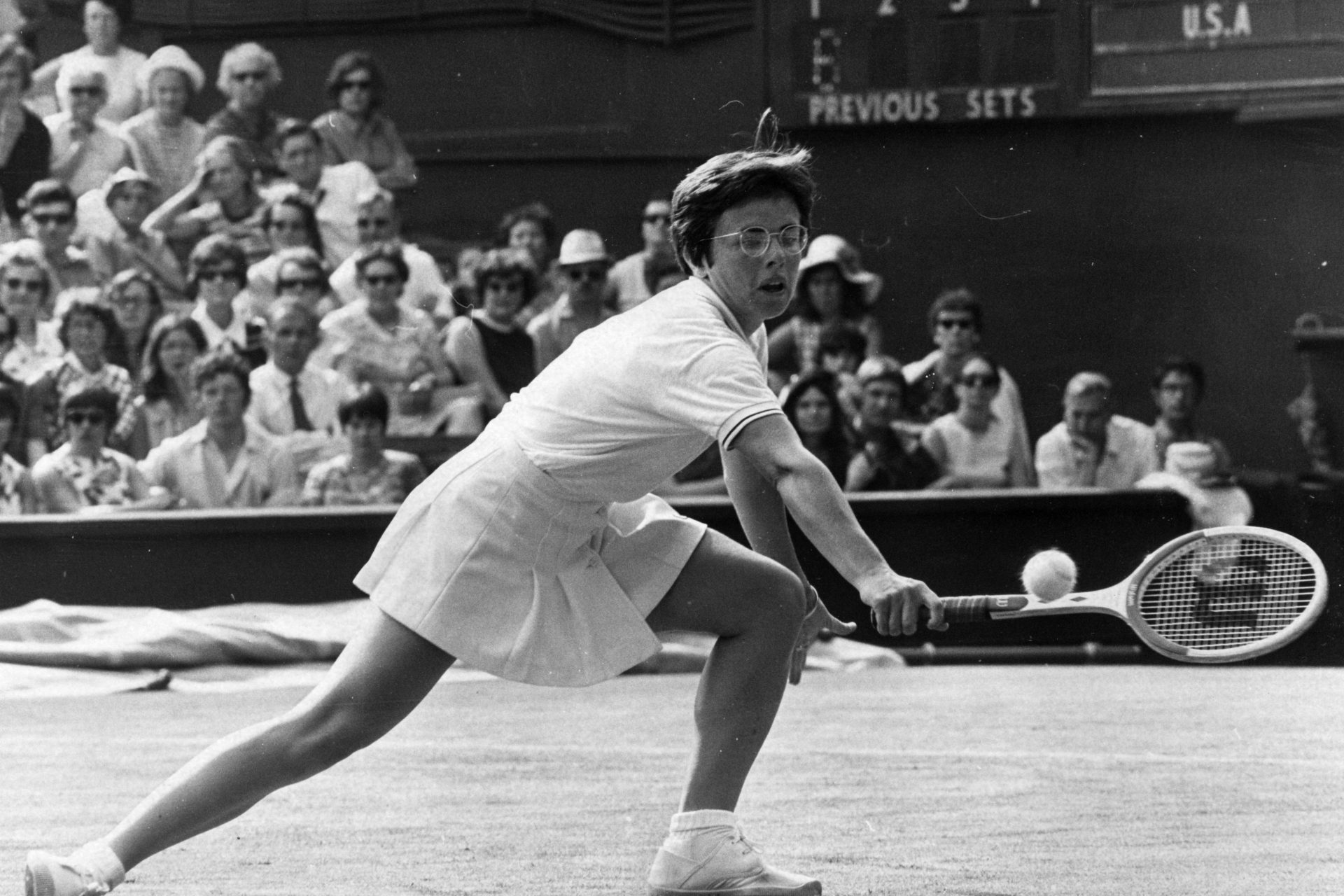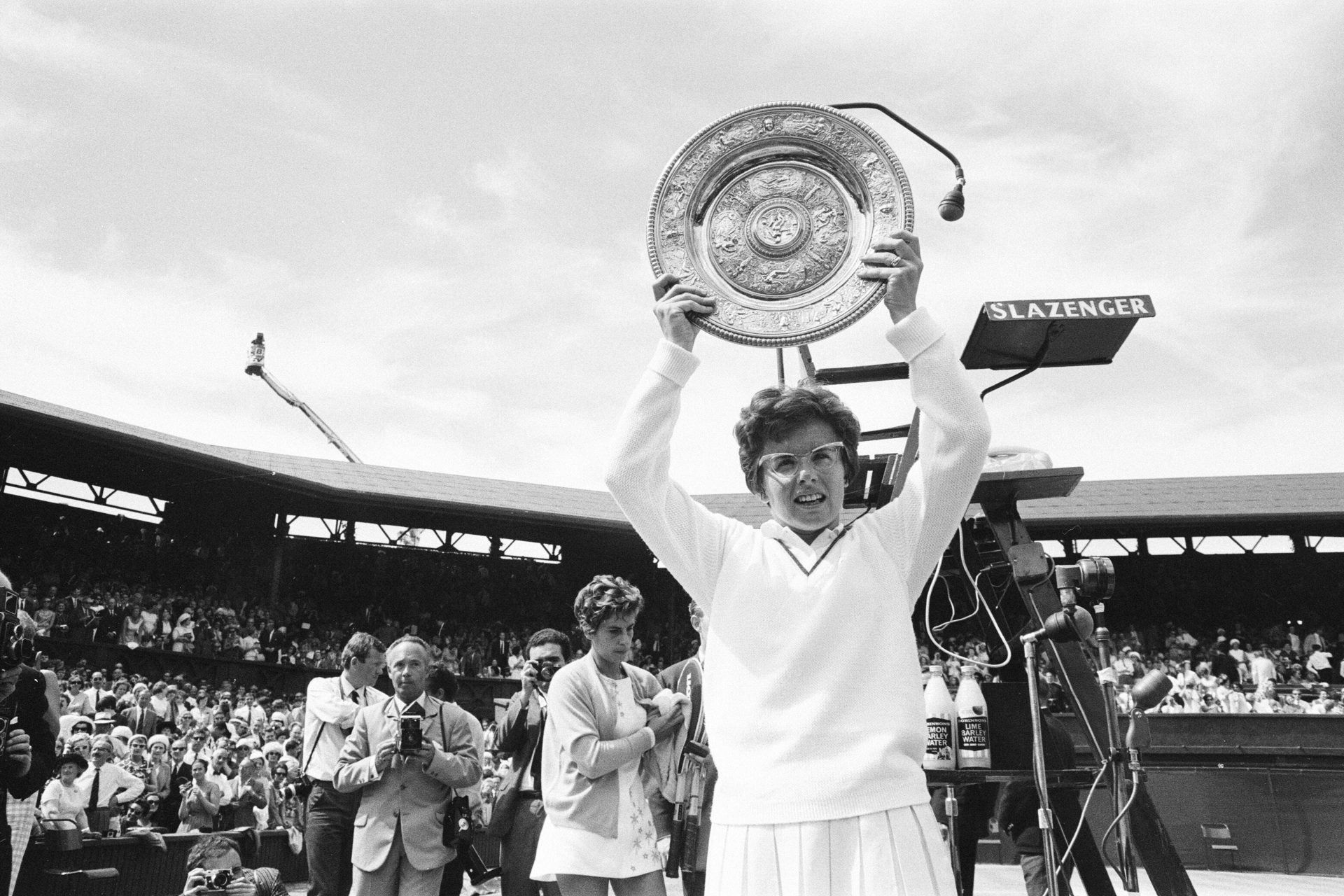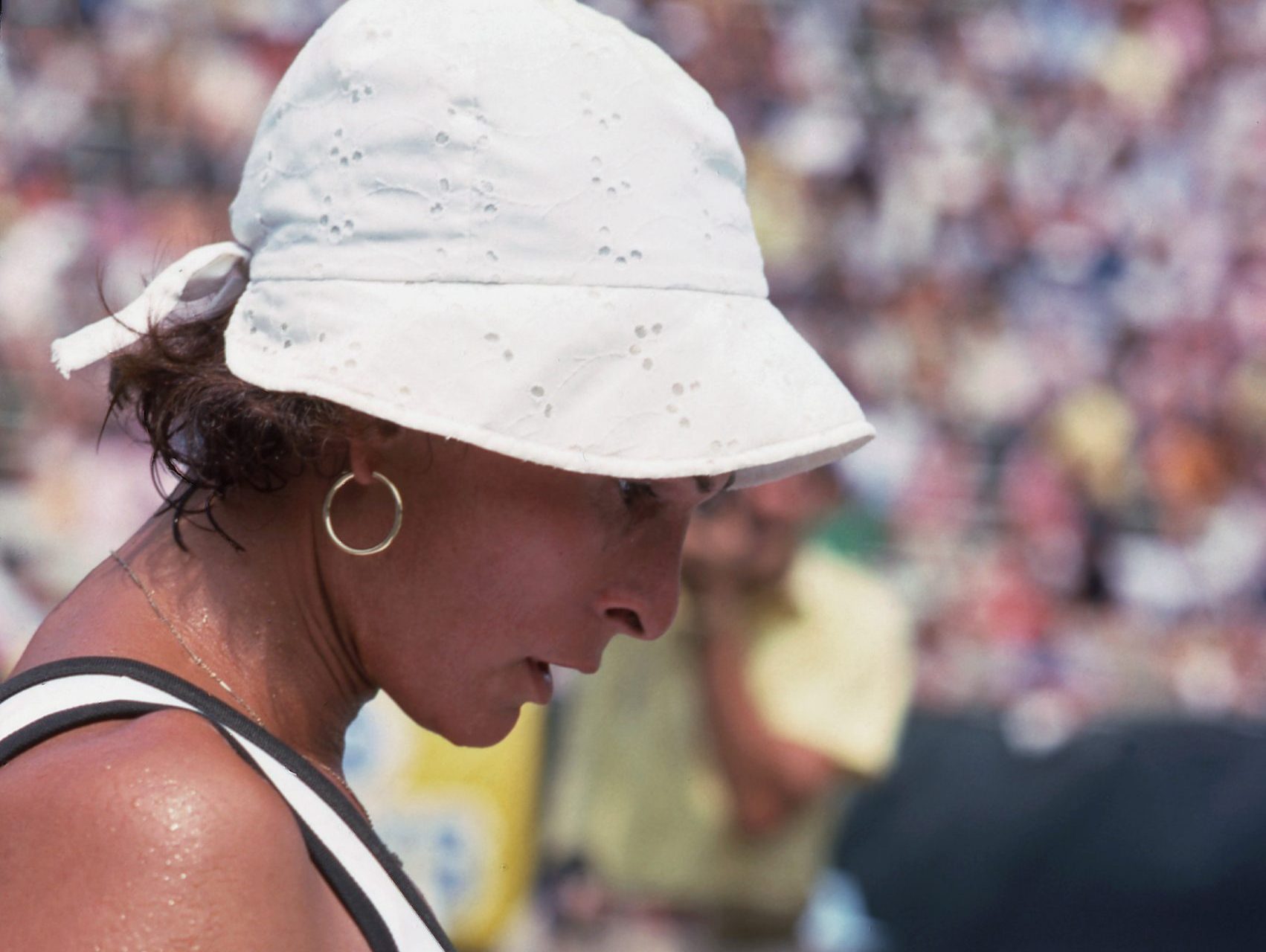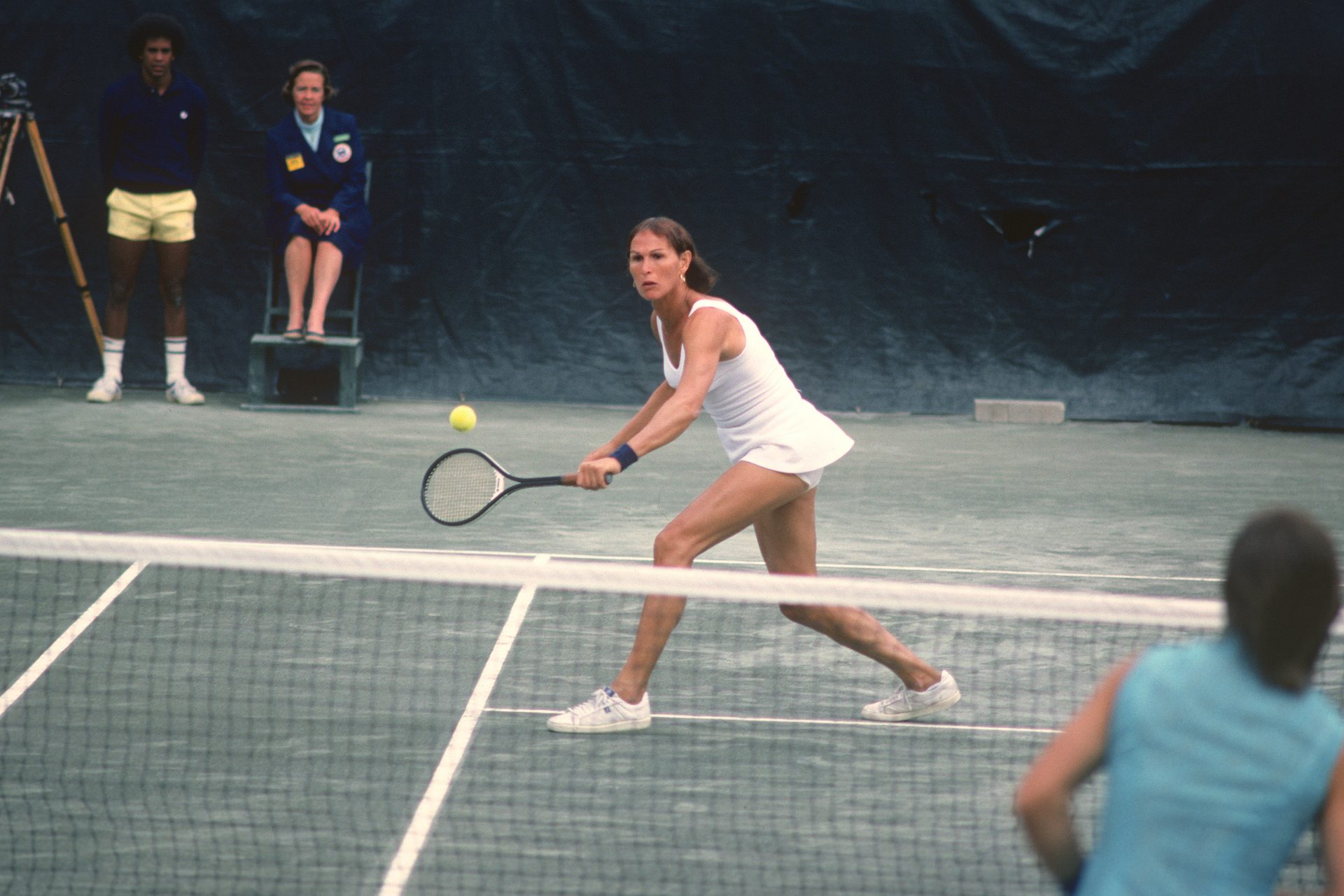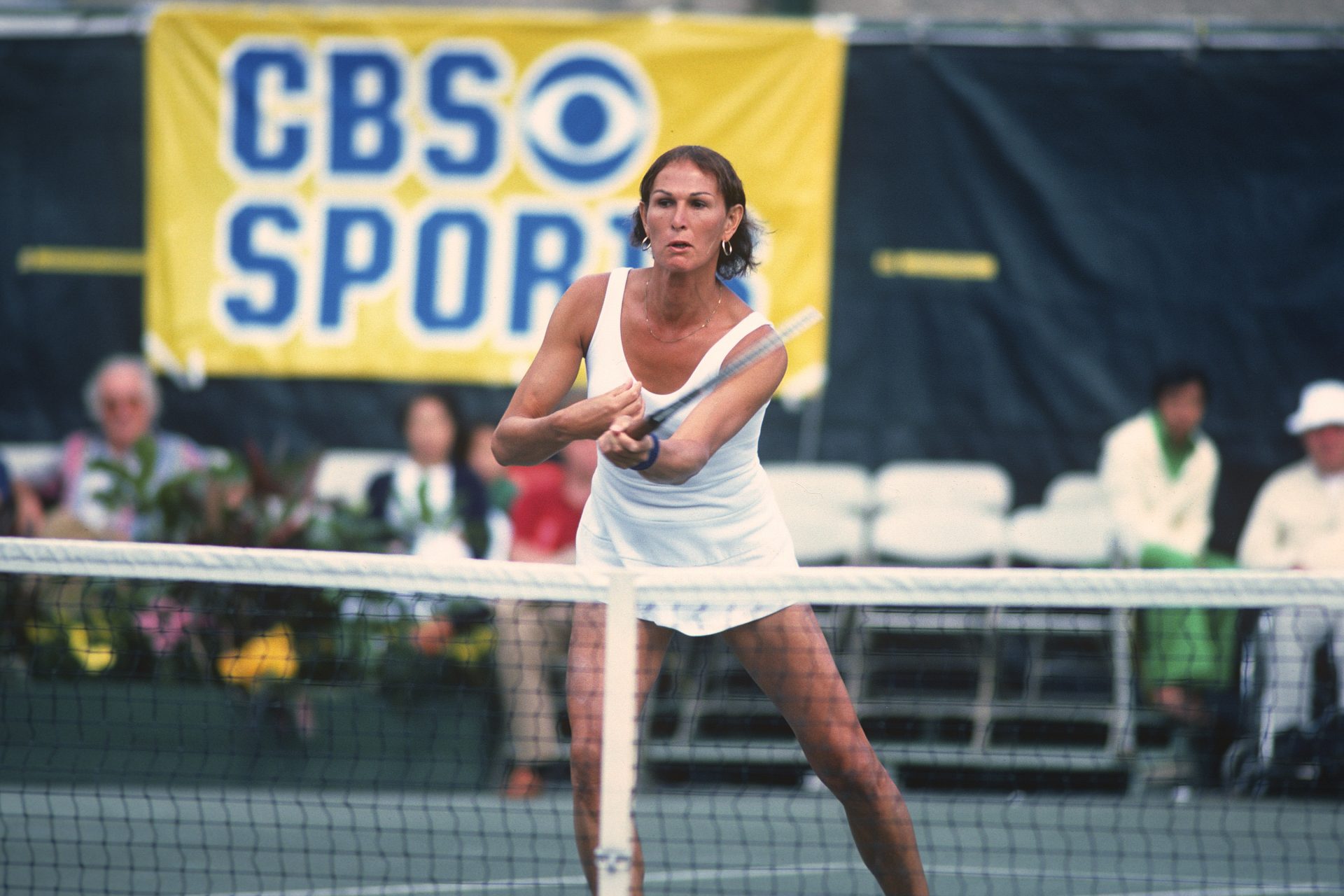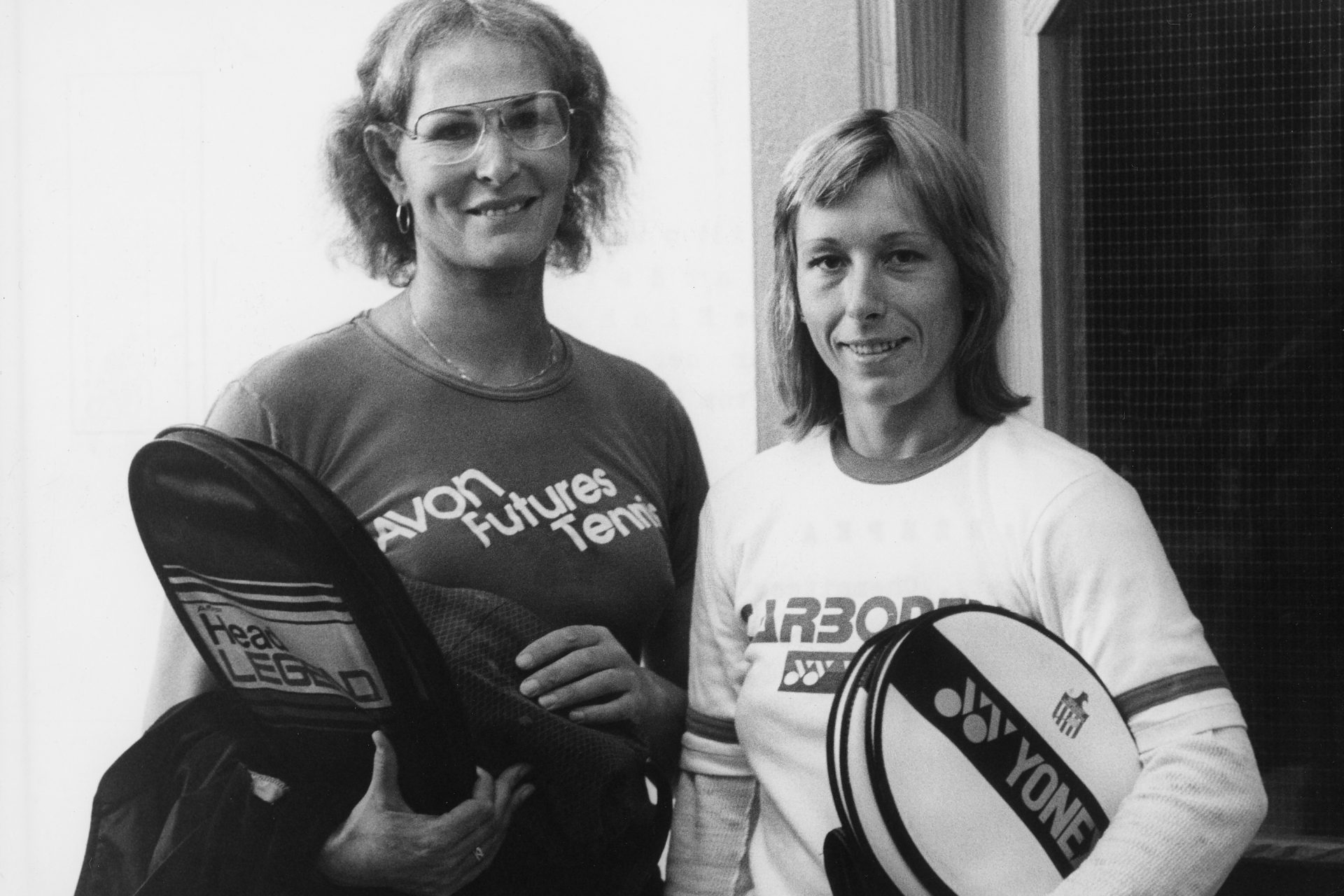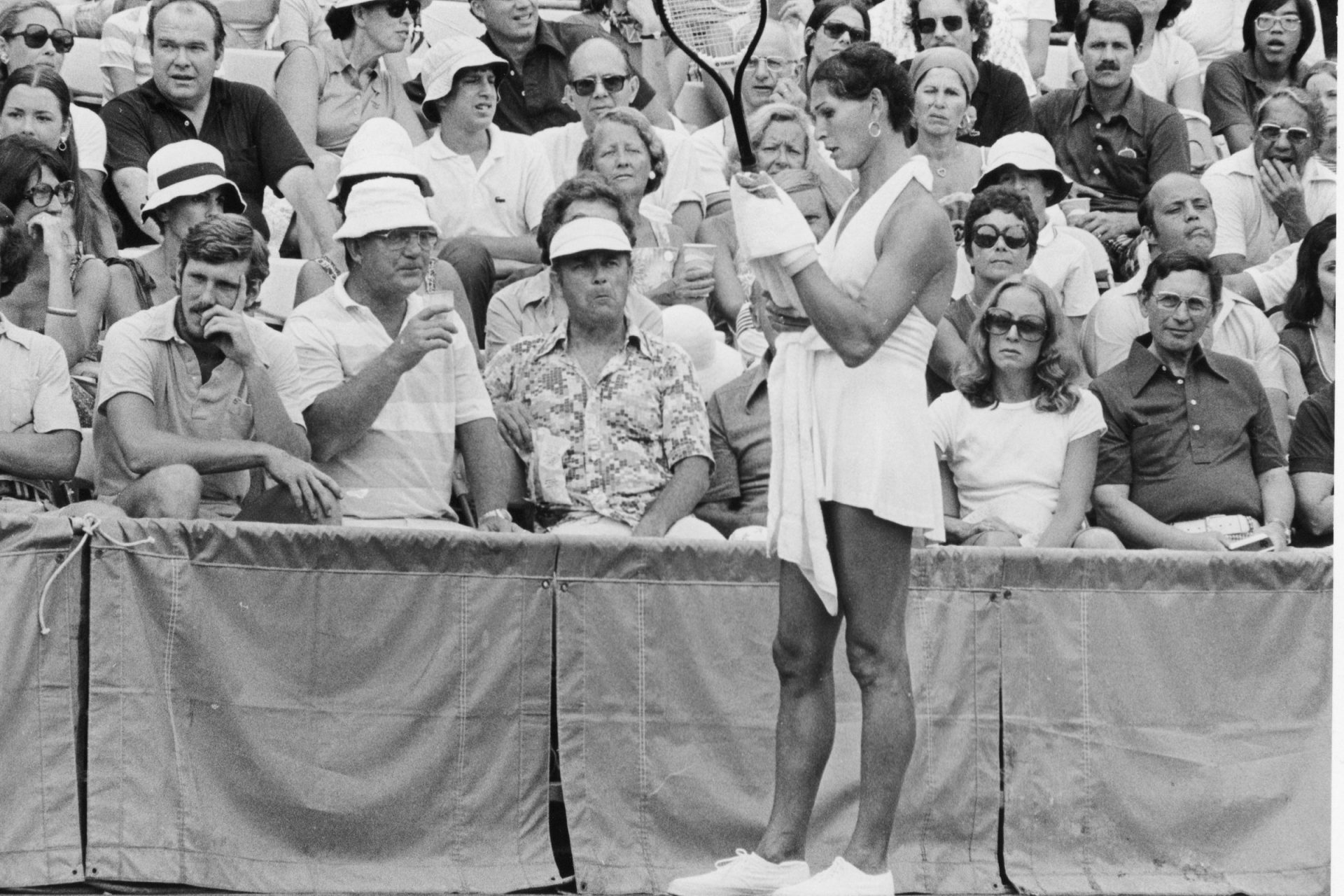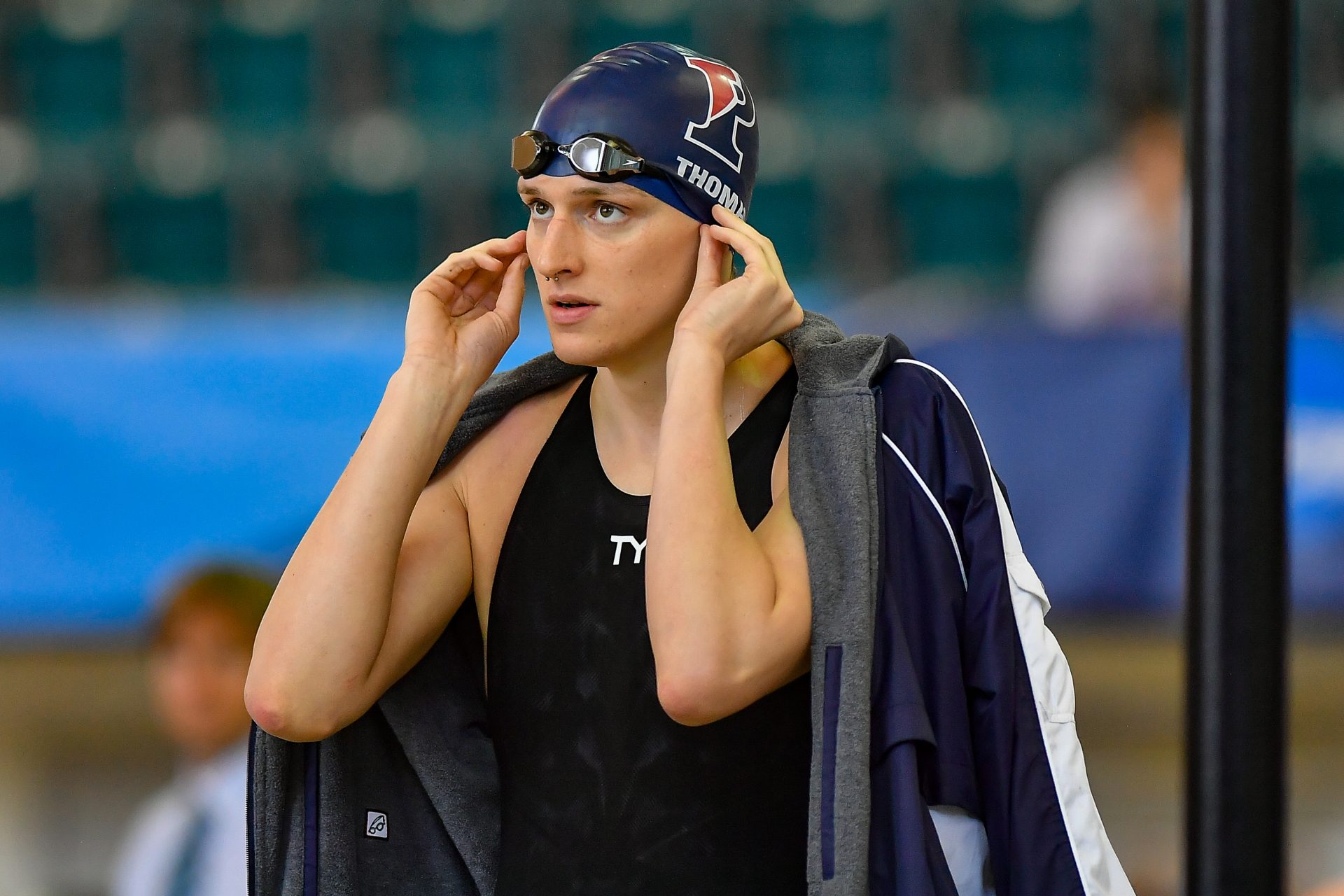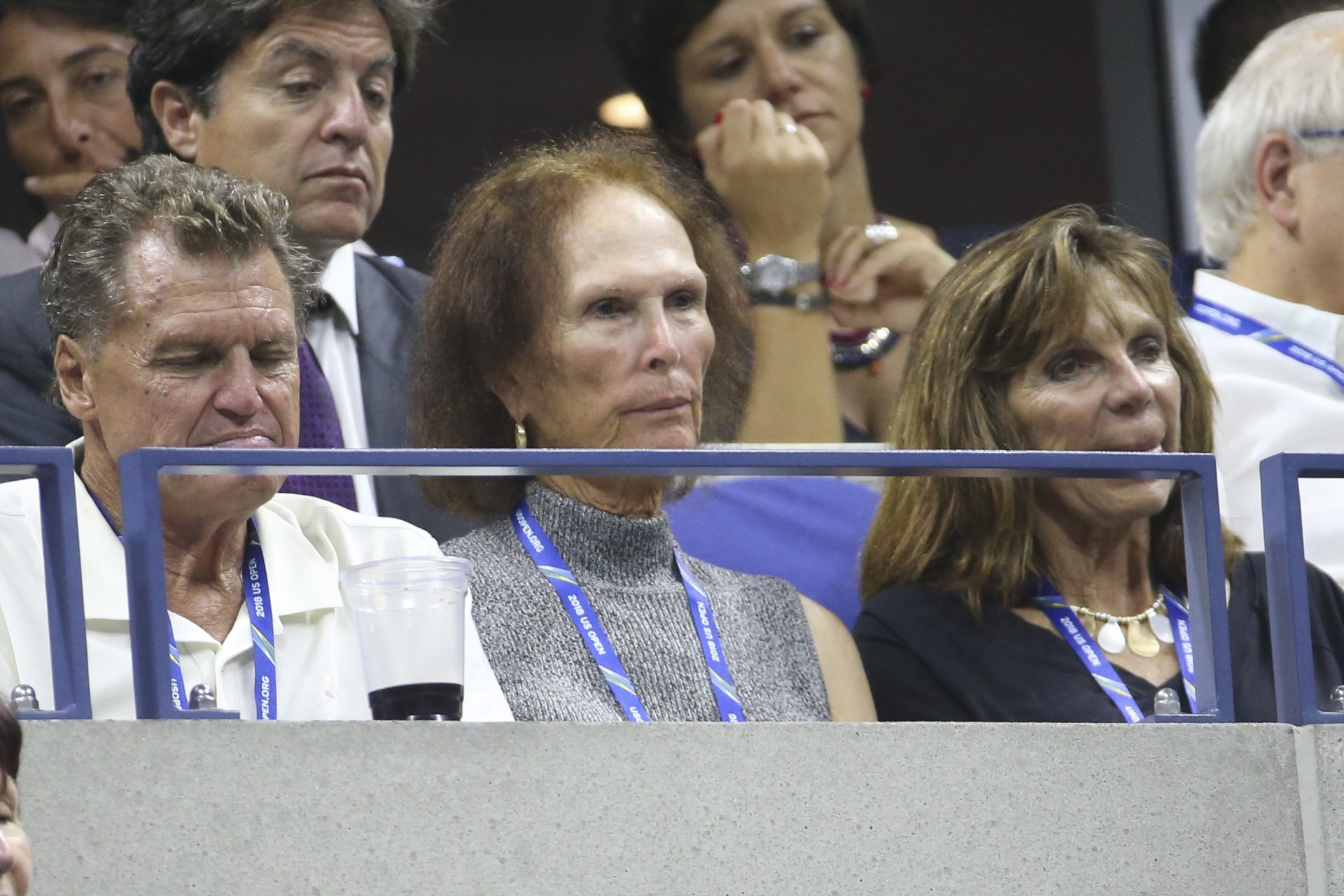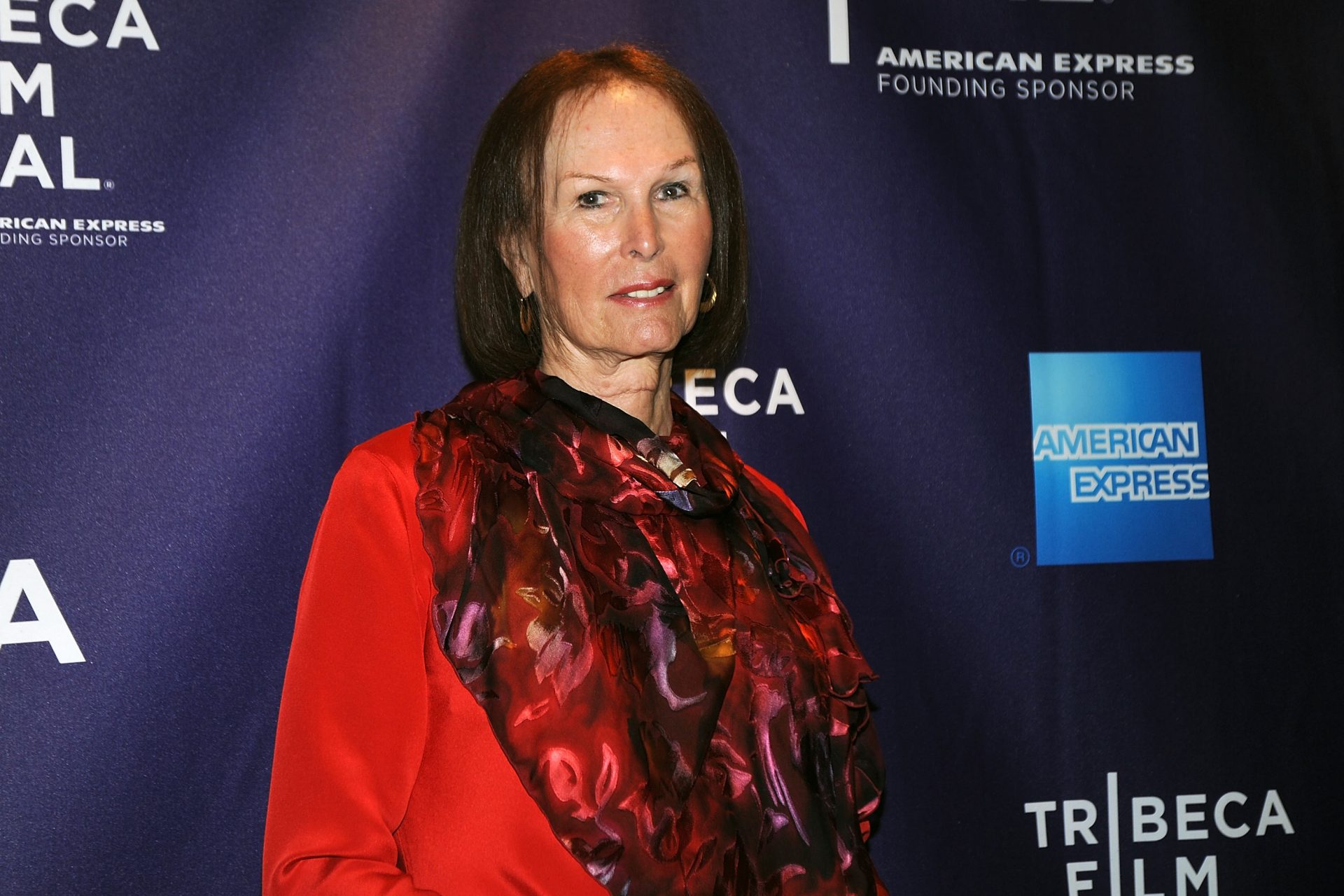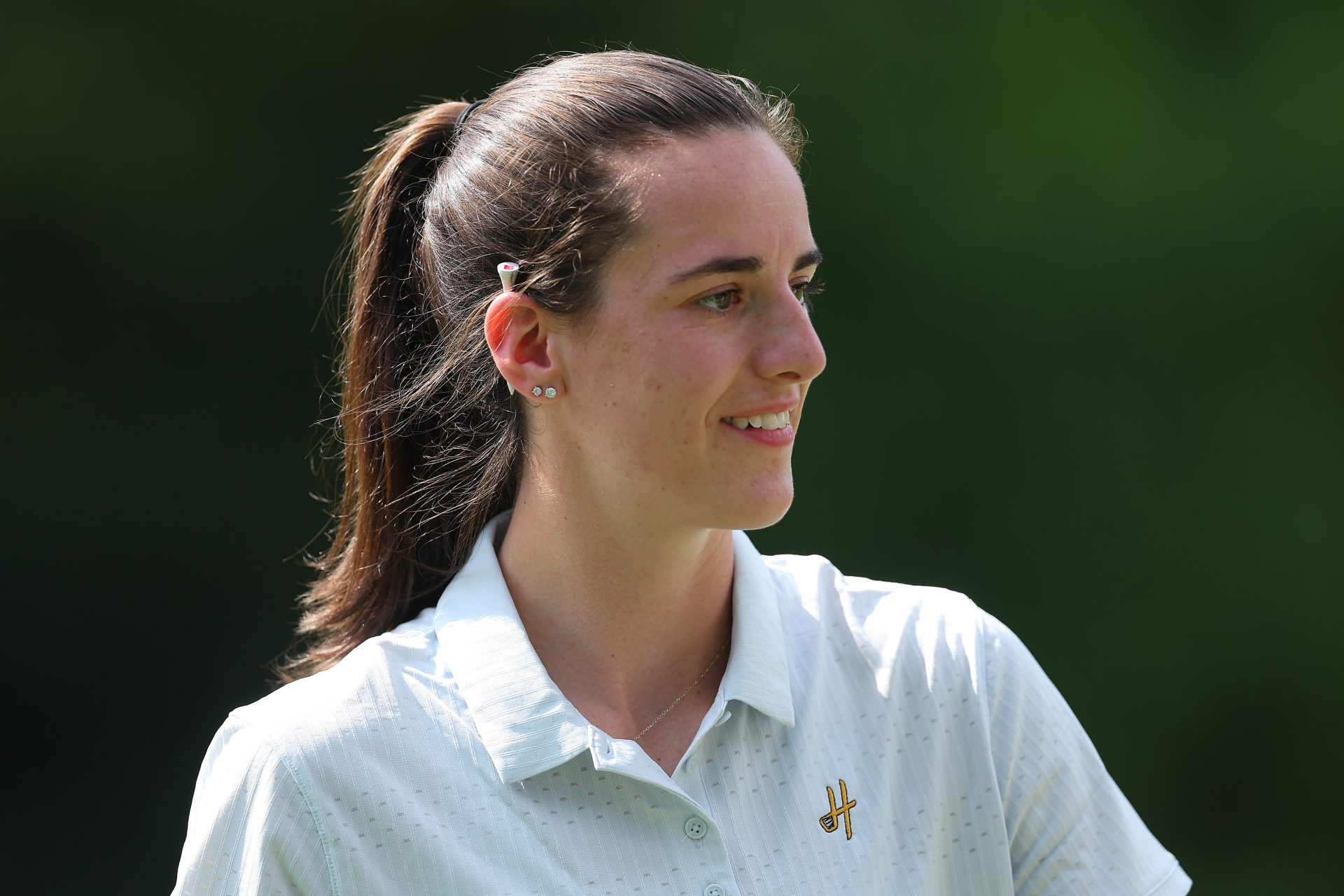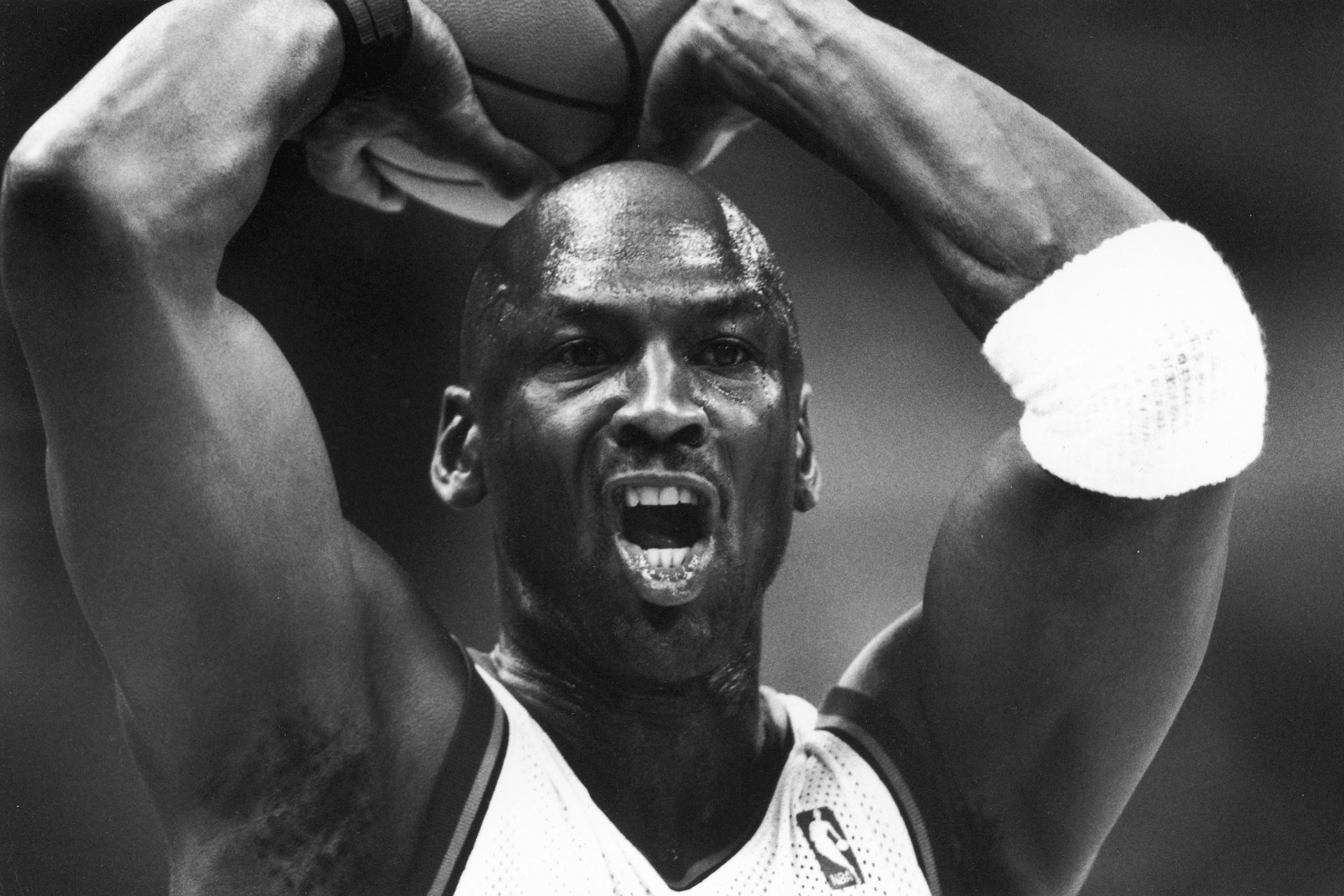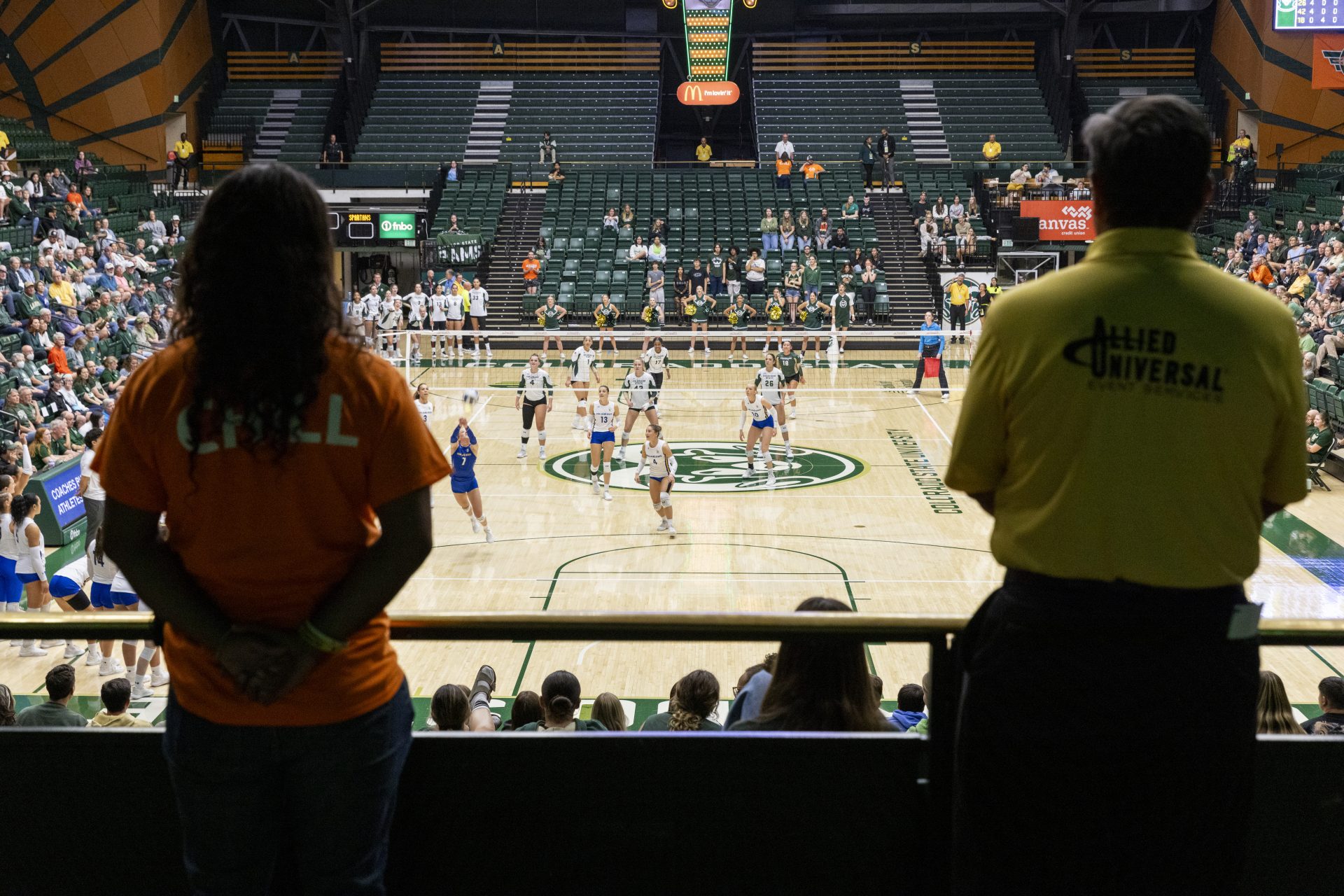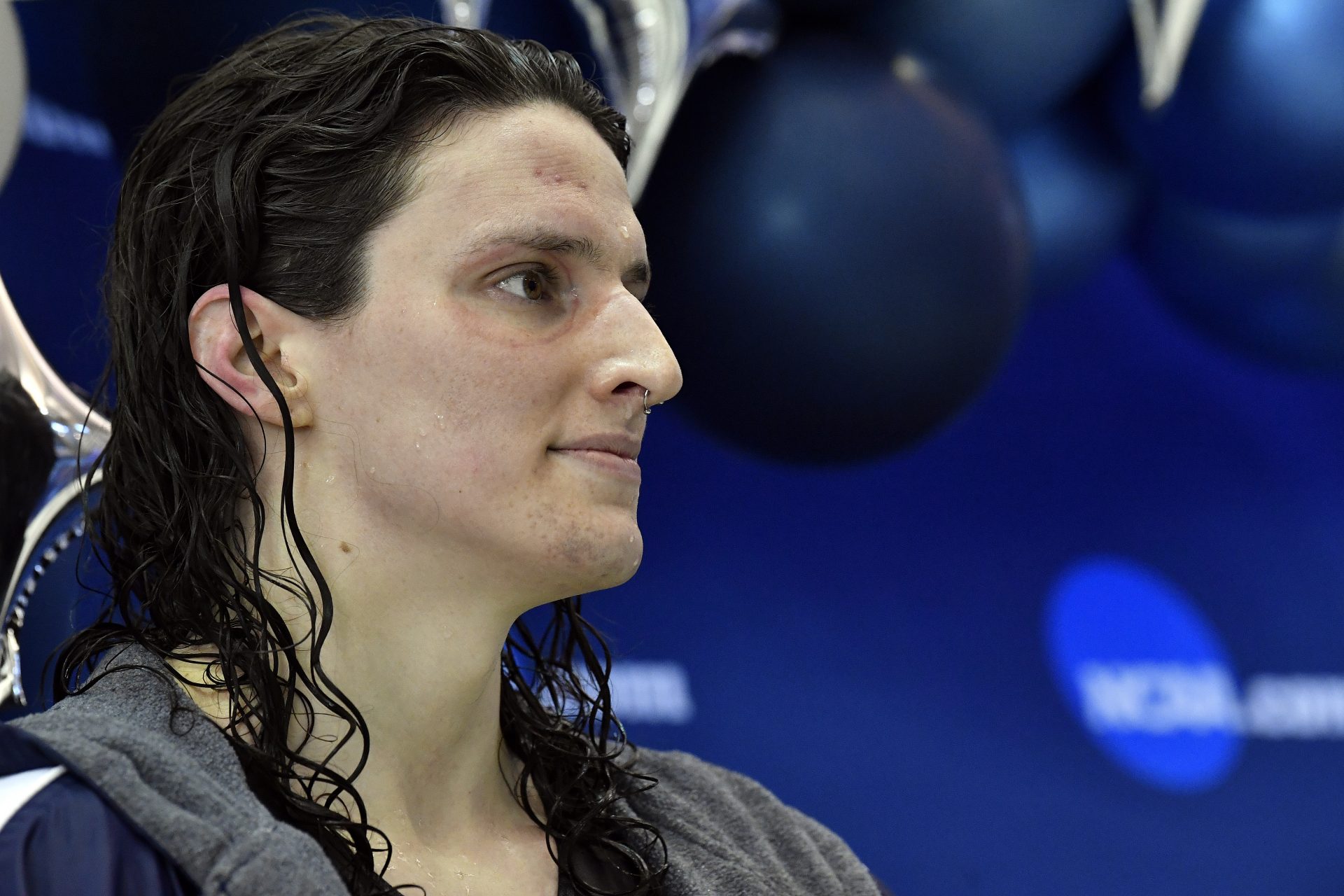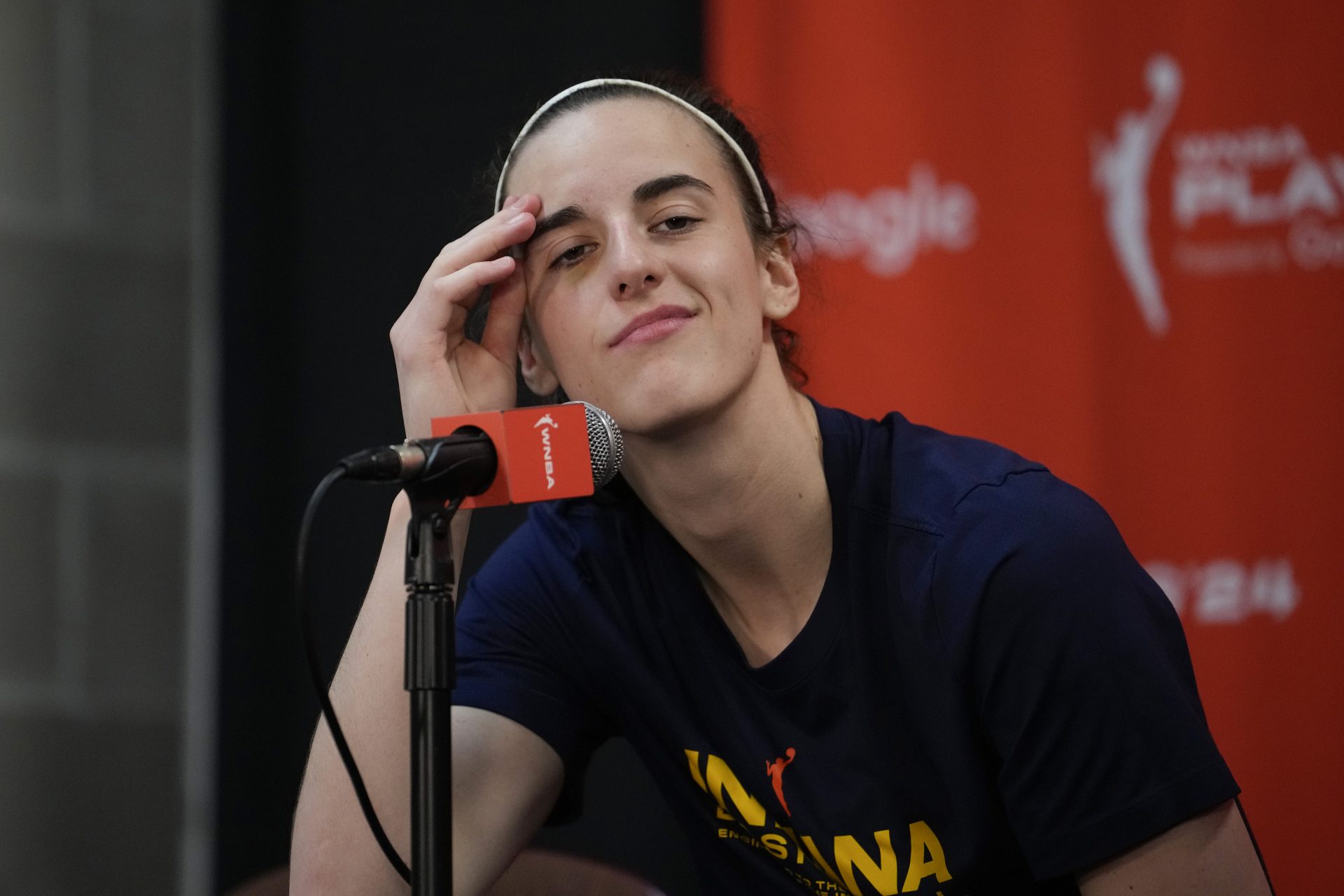Renée Richards: The 70s tennis player who paved the way for transgender athletes today
Long before the likes of Caitlyn Jenner, Laurel Hubbard, or even Lia Thomas, there was Renée Richards. A tennis star in the 50s, 60s, and 70s, Richards became the first athlete to compete in women's tournaments after transitioning.
It was far from smooth sailing, and Richards spent a lot of time in court – as opposed to on-court – earning the right to compete in the field she felt matched her gender identity. Let’s look back at Richards’ career and her impact on trans athletes today.
Richards, born Richard Raskind in 1934 in New York, was a naturally gifted athlete and student, excelling at both during her stints at Yale and Rochester University while completing her medical degree.
Want to see more like this? Follow us here for daily sports news, profiles and analysis!
In particular, it was tennis that she really excelled in and became a competitive player on the men’s circuit – even playing in the U.S. Open five times between 1953 and '60 while working full time as an ophthalmologist, specializing in eye-muscle surgery, as Sports Illustrated recounted in 2019.
Raskind seemingly had it all made – he was a highly successful Manhattan surgeon, had married a model, played tennis at the highest level and even earned his pilot's license. But things weren't as easy for Raskind as they appeared on the surface.
Raskind had struggled with gender identity his whole life, which ultimately led to the decision to transition in 1975. After undergoing s e x-reassignment surgery, she emerged as Renee Richards, a new chapter in both her life and career.
"It wasn't that I felt I had to do something about this," Richards told SI in 2019, reflecting on her decision. "I didn't have a choice."
Richards’ return to tennis as a woman sparked significant controversy. The prevailing belief was that a transgender woman would hold an unfair advantage in women’s sports due to male physical attributes, as a retrospective by the BBC highlights.
The United States Tennis Association (USTA) barred Richards from competing in the 1976 U.S. Open, leading her to file a lawsuit challenging the decision. In 1977, she won a landmark case in the New York Supreme Court, with the ruling asserting that she had the right to compete as a woman.
The decision was groundbreaking, not just for Richards, but for the recognition of transgender rights in sports. But it wasn't really about that for her: "I never had any intention of playing in the US Open... but when they said, 'You're not allowed to play,' that changed everything. I said, 'You can't tell me what I can or cannot do – I'm a woman and if I want to play in the US Open as a woman I'm going to do it,'" she told the BBC.
One of the key pieces of evidence that swayed the judges in her favour was a testimony from a star witness: Billie Jean King. King was a former number one and still playing on the circuit, despite already having earned the status of a living great.
King had signed an affidavit declaring that she had spent time with Richards and that she believed Richards to be a woman. That was enough to convince the judge and the Tennis Association of her credentials.
Despite the ruling, Richards faced harsh criticism from the public and media. Many believed her participation in women’s tennis was unfair, and her journey was met with skepticism and hostility.
"I had death threats, I had people that hated me, I had people that told me I was immoral, and people told me I was awful," Richards told the BBC. "There were some players who would walk off the court when I played them or they wouldn't play me at all. There was a lot of objection in the beginning and then finally they realised I was OK and I wasn't going to take everybody's money away and gradually a lot of those that had been against me ended up being very good friends of mine."
After the court ruling, she competed in several women's tennis tournaments, including the U.S. Open, where she reached the doubles final in 1977. Although she did not reach the same level of success in women’s tennis as she had in the men’s circuit, it was arguably much more impactful.
Want to see more like this? Follow us here for daily sports news, profiles and analysis!
Richards continued to play in the US until retiring in 1981. Despite being banned from tournaments in Europe she briefly reached 20th position in the Women's Tennis Association world rankings.
Richards' contribution to sports and transgender rights extends far beyond her individual achievements. Her legal case set a precedent for the inclusion of transgender athletes in professional sports, influencing policies in organizations like the International Olympic Committee (IOC), which later adopted guidelines for transgender participation in the Olympics.
The ongoing debates about fairness, gender identity, and competition that we are having today with the likes of Lia Thomas (pictured) or even Blaire Fleming and the SJSU volleyball team are deeply rooted in the trail Richards forged. Not that she is interested in any of that.
Throughout her life, Richards has expressed ambivalence about her role as a pioneer. In interviews, she has emphasized that she never sought to be a crusader for transgender rights. Instead, she simply wanted to live authentically and continue her love for tennis.
She summed up her stance on the issue in 2019 to Sports Illustrated: "I think of my father being bewildered when the telephone didn't have a cord attached to it—I am almost as bewildered by some of this stuff," said Richards, who turned 90 in 2024. "I stay out of it. I know what I am. And I know what I was, and how I became what I am."
Want to see more like this? Follow us here for daily sports news, profiles and analysis!
More for you
Top Stories



